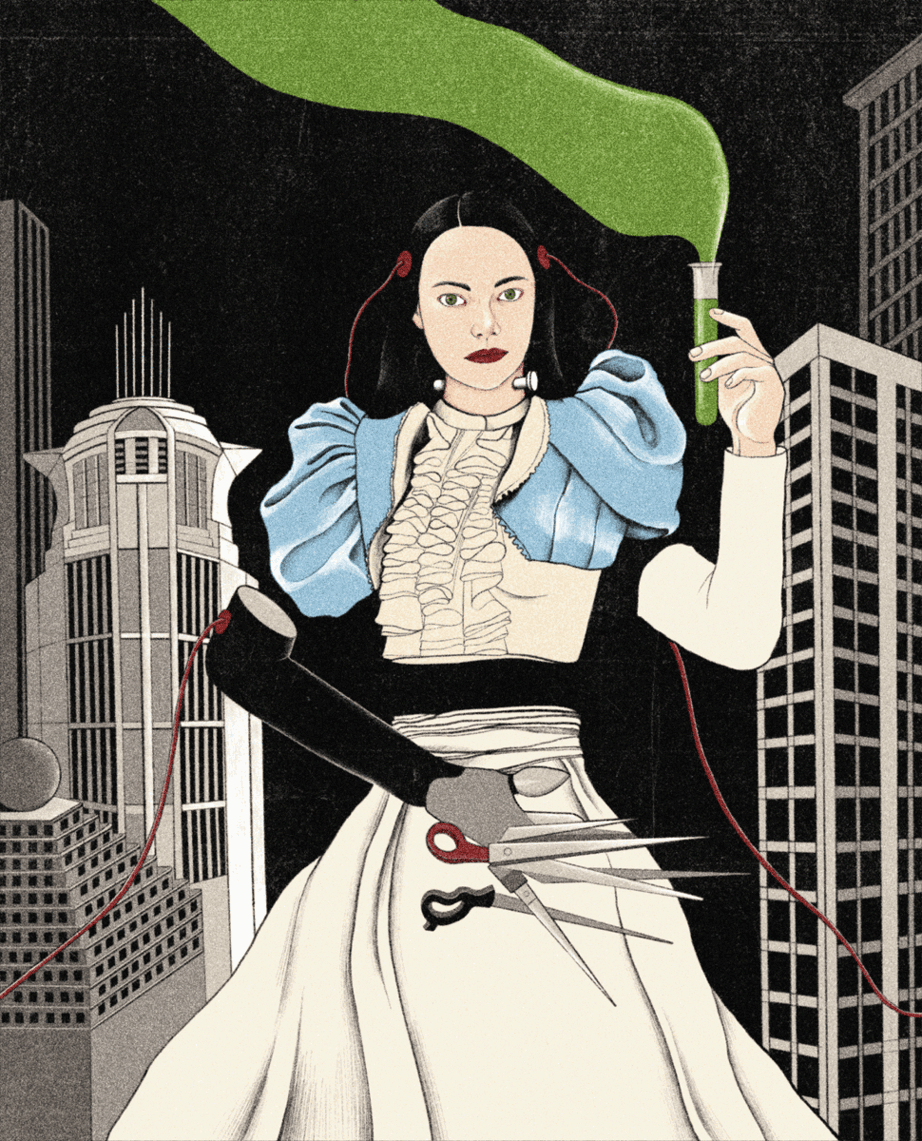‘Demons’ Critic Is No Angel
- Share via
For the last two weeks, I’ve been wrestling with the question: “Should a playwright talk back to a critic?” I’ve come to the conclusion that it is not a good idea. After all, a critic is paid to have an opinion and has every right to praise or condemn the subject of his or her review. But a playwright deserves to have an informed opinion, particularly when a play is dealing with historical figures.
This brings me to T.H. McCulloh’s April 12 review of my play “Demons & Angels,” two one-act plays that take a look at the creative lives of Edgar Allan Poe and Mary Shelley. He rather dismissively sets aside both plays as nothing more than what he calls “lecture platforms for feminist argument.” And then he goes on to say that Mary Shelley’s “Frankenstein” came about as nothing more than “a rainy night parlor game.”
I’m puzzled by his annoyance at this so-called “feminist argument.” As for Mary Shelley and feminism, any serious student of the life of the woman who wrote “Frankenstein” knows that she was greatly influenced by her mother, the gifted 18th-Century feminist, Mary Wollstonecraft. I couldn’t very well write about Mary Shelley and leave out this important point, for it has everything to do with the creation of the Frankenstein monster and the scientific notion that still prevails today that nature is a female to be exploited.
Mary Shelley did not create her novel merely as the result of a “game,” as McCulloh states. Her book came out of her fears, her desires, her longing for sexual and artistic freedom and from the monsters in her own soul.
McCulloh also found a “feminist argument” in my script about Poe. If he is referring to Poe’s sexual fear and ambivalence toward women, his wife in particular, I can’t see anything feminist about that. That Poe had an idealized conception of women and a Victorian stricture about female sexual behavior is well documented. Like many a Southern gentleman of his day, he put women in two categories: Madonna and whore. But these attitudes do not detract from his gifts as a unique writer who gave much to American fiction.
To dismiss what I’ve written as so much feminist twaddle seems to me to reveal a built-in bias I dare not name.
More to Read
The biggest entertainment stories
Get our big stories about Hollywood, film, television, music, arts, culture and more right in your inbox as soon as they publish.
You may occasionally receive promotional content from the Los Angeles Times.










